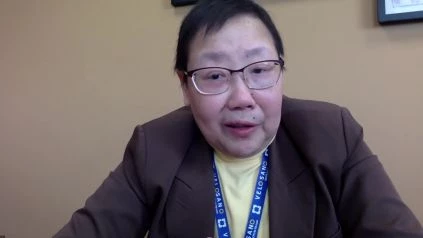Charis Eng, MD, Phd @CharisEngMDPhD of @ClevelandClinic @CCLRI explains some common questions regarding PTEN patients.
_________
Cleveland Clinic researchers have identified for the first time an explanation of why patients with identical PTEN mutations often have vastly different clinical presentations. In a new study published in JAMA Network Open, a team of researchers led by Charis Eng, MD, PhD, of Cleveland Clinic Lerner Research Institute’s Genomic Medicine Institute, discovered that copy number variations (CNVs) may act as genomic modifiers that influence the risk of autism spectrum disorder (ASD) and/or developmental delay (DD) versus cancer risk in individuals with PTEN mutations.
Â
Germline mutations of the tumor suppressor gene PTEN are associated with a group of genetic disorders that increase the risk of certain cancers, cognitive and behavioral deficits, benign growths and tumors (i.e., hamartomas), and macrocephaly. These disorders are known collectively as PTEN hamartoma tumor syndrome (PHTS), but they manifest as a broad, difficult-to-predict range of clinical outcomes and have been found to inexplicably result in distinct subsets of patients with either cancer or ASD/DD. In fact, PTEN is one of the most common genes associated with ASD.

